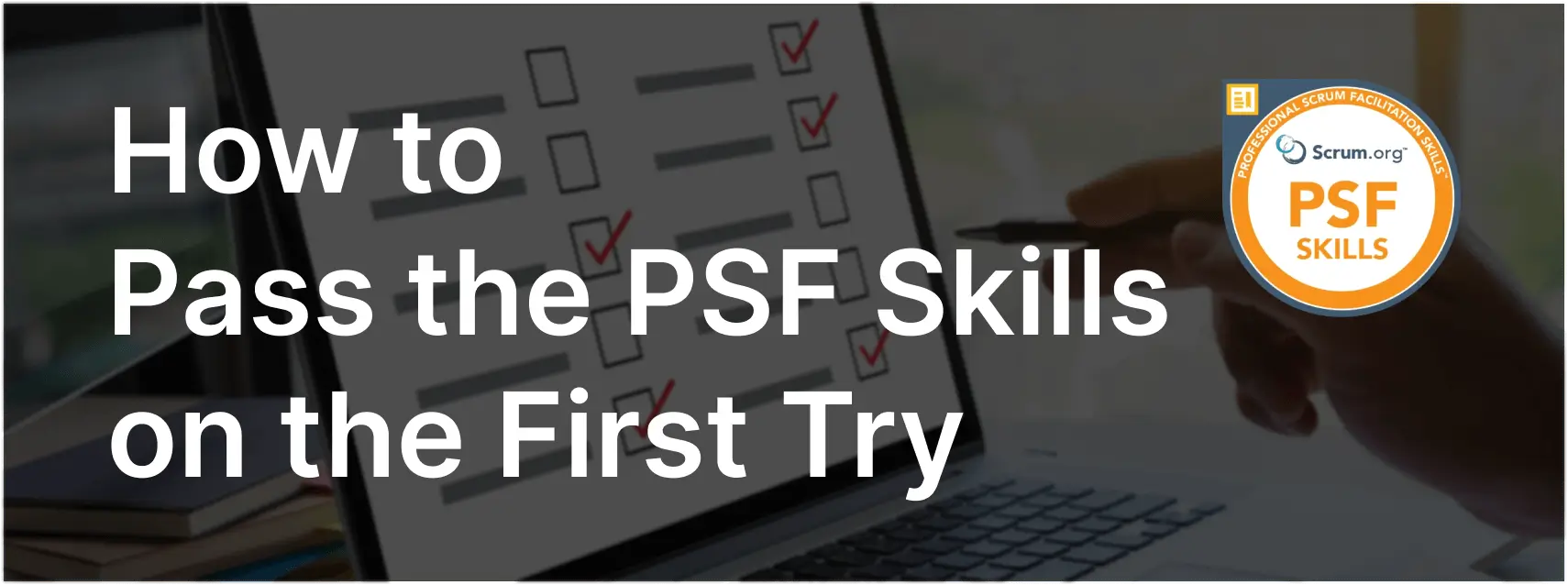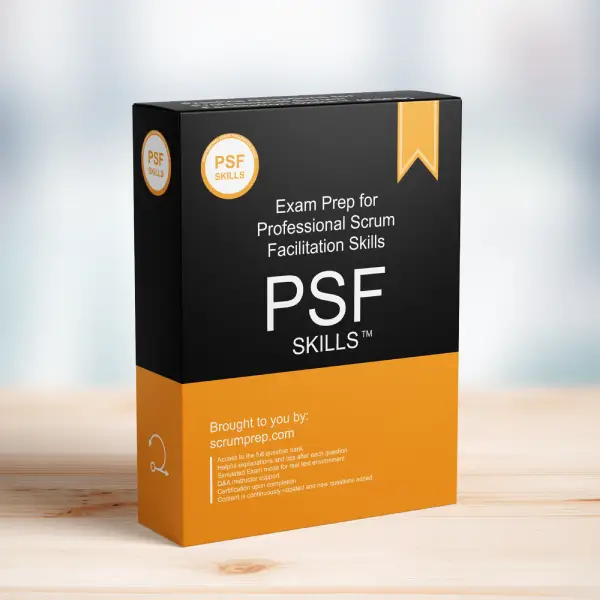Least Appropriate Use of Divergent and Convergent Facilitation Techniques
Divergent and convergent facilitation techniques are valuable in many contexts, but there are scenarios where they might be less appropriate.
Exam Question
When would divergent and convergent facilitation techniques be the least appropriate technique to try?
(choose the best answer)
A. When you are engaging a large group of people in generating questions.
B. When you are trying to avoid conflict.
C. When you want to build consensus.
D. When you want to be inclusive of everyone’s ideas.
Correct Answer
B. When you are trying to avoid conflict.
Explanation
Correct Answer
B. When you are trying to avoid conflict:
Divergent and convergent techniques are designed to explore a wide range of ideas (divergent) and then narrow them down to reach a decision or consensus (convergent). This process often involves discussing different viewpoints, which can naturally lead to conflict. If the primary goal is to avoid conflict, these techniques may not be the best choice because they encourage open expression of diverse opinions and critical thinking, which can sometimes bring underlying tensions to the surface.
Why the Other Options Are More Suitable
A. When you are engaging a large group of people in generating questions:
Divergent techniques are particularly useful in this context as they encourage generating a broad range of ideas and questions from a large group.
C. When you want to build consensus:
Convergent techniques are specifically designed to help groups narrow down ideas and build consensus, making them highly appropriate for this purpose.
D. When you want to be inclusive of everyone’s ideas:
Divergent techniques promote inclusivity by encouraging all participants to share their ideas, ensuring that a wide range of perspectives are considered.
Facilitation Insights
- Encouraging Participation: Divergent techniques help gather a broad spectrum of ideas, ensuring inclusivity and creativity.
- Building Consensus: Convergent techniques facilitate agreement by narrowing down options and finding common ground.
- Handling Conflict: While these techniques can reveal conflicts, skilled facilitation can turn these moments into opportunities for growth and understanding.
- Avoiding Conflict: In scenarios where avoiding conflict is paramount, other facilitation methods that focus on alignment and harmony without deep exploration of differing views might be more appropriate.
PSF Skills Exam Insights
Understanding when to use or avoid specific facilitation techniques is crucial for the PSF Skills exam. This knowledge demonstrates the ability to choose the right approach based on the group’s dynamics and the meeting’s objectives.
Key Takeaways
- Divergent and convergent techniques are excellent for generating ideas and building consensus but can expose and even exacerbate conflicts.
- When the primary goal is to avoid conflict, alternative facilitation methods should be considered.
- Effective facilitation involves selecting techniques that align with the desired outcomes and group dynamics.
Conclusion
Facilitation techniques should be chosen based on the specific needs and goals of the group. While divergent and convergent methods are powerful tools for inclusivity and consensus-building, they may not be suitable when the aim is to avoid conflict. For more information on preparing for the PSF Skills exam, visit our Professional Scrum Facilitation Skills PSF Skills™ Exam Prep.



